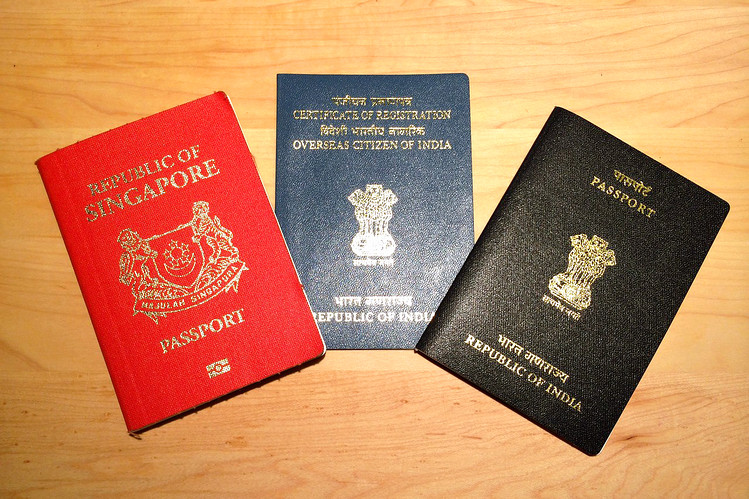If you are planning on traveling to India, it can be quite a daunting experience. There are numerous steps involved in the process, and some of them can be very strict. As such, it’s important to know how to get your Indian visa before even booking your flights! Learn the basics of how long it takes, what documents you need – and more importantly – what not to do in this article!
Indian Visa Requirements: What You Need
If you are planning to visit India, then you will likely need an Indian visa. Below are the general requirements for obtaining an Indian eVisa Airports:
-You must have a passport that is valid for at least six months beyond your intended stay in India.
-You must have a return ticket.
-You must have sufficient funds to cover your stay and any additional expenses that may occur while in India.
-You must be able to provide evidence of accommodation and transportation while in India.
-You must have a letter of invitation from a legitimate entity in India.
Getting an Indian eVisa
If you are traveling to India for tourism or business, you will need an Indian visa. There are several ways to obtain an Indian visa:
1. Apply online. The website of the Indian embassy or consulate in your country is a good source of information on applying for an Indian visa. You can also find detailed instructions on the website of the Ministry of External Affairs (MEA) of India.
2. Appear at a diplomatic mission or consulate general in India. If you are a citizen of a country that has a diplomatic relationship with India, you can apply for an Indian visa at one of its honorary consulates in your country. Indian Visa requirements
3. Apply at a regional passport office outside India. If you are not a citizen of one of the countries that have diplomatic relations with India, you can apply for an Indian visa at one of its regional passport offices outside India. These offices will then send your application to the nearest Indian embassy or consulate general in your country.
4. Appear at the airport immigration control Counter No-1 and request an interview for an Indian Visa Application Form (IF-86). You will need to bring your passport, two recent color photographs taken within 30 days before your trip, and the fee specified on the IF-86 form (currently $160).
5. Submit all required documents to the nearest immigration checkpoint upon arrival in India and wait to be interviewed by an immigration officer who will decide if you
Indian Visa Application Process
If you are planning to travel to India, it is important to understand the visa application process. The following are the basic steps you need to take in order to apply for an Indian visa:
1. Research the requirements of your desired Indian visa type. There are various types of visas that you may need, such as tourist visas, business visas, student visas and family visas.
2. Obtain all required documents. This includes your passport photo page and a signed visa application form. Make sure to bring all your original documents with you to the visa application process.
3. Attend an embassy or consulate office in your home country. Present your passport and completed visa application form at the office. You will likely be asked several questions about your proposed trip and must provide truthful answers in order to be approved for a visa.
4. Submit additional documentation if requested by the embassy or consulate representative. This could include letters of recommendation, hotel reservations or proof of financial stability in India.
Things to Avoid Doing When Applying for an Indian Visa
When you are applying for an Indian visa, there are a few things to avoid doing.
First and foremost, do not visit the embassy or consulate without first consulting your travel insurance carrier. The Indian embassy or consulate may require proof of travel insurance in order to process your visa application.
Secondly, do not make any changes to your travel plans without first consulting an immigration attorney. This includes cancelling any flights, changing your hotel reservations, or making other changes to your itinerary without consulting an immigration attorney first. Doing so could result in delays in your visa approval process and could also lead to additional costs if you have to change your travel plan due to the changes made.
Finally, be sure to fully complete all of the required documentation when applying for an Indian visa. Failure to fully complete this paperwork could lead to delays in your visa approval process and potential fines from the Indian government.
